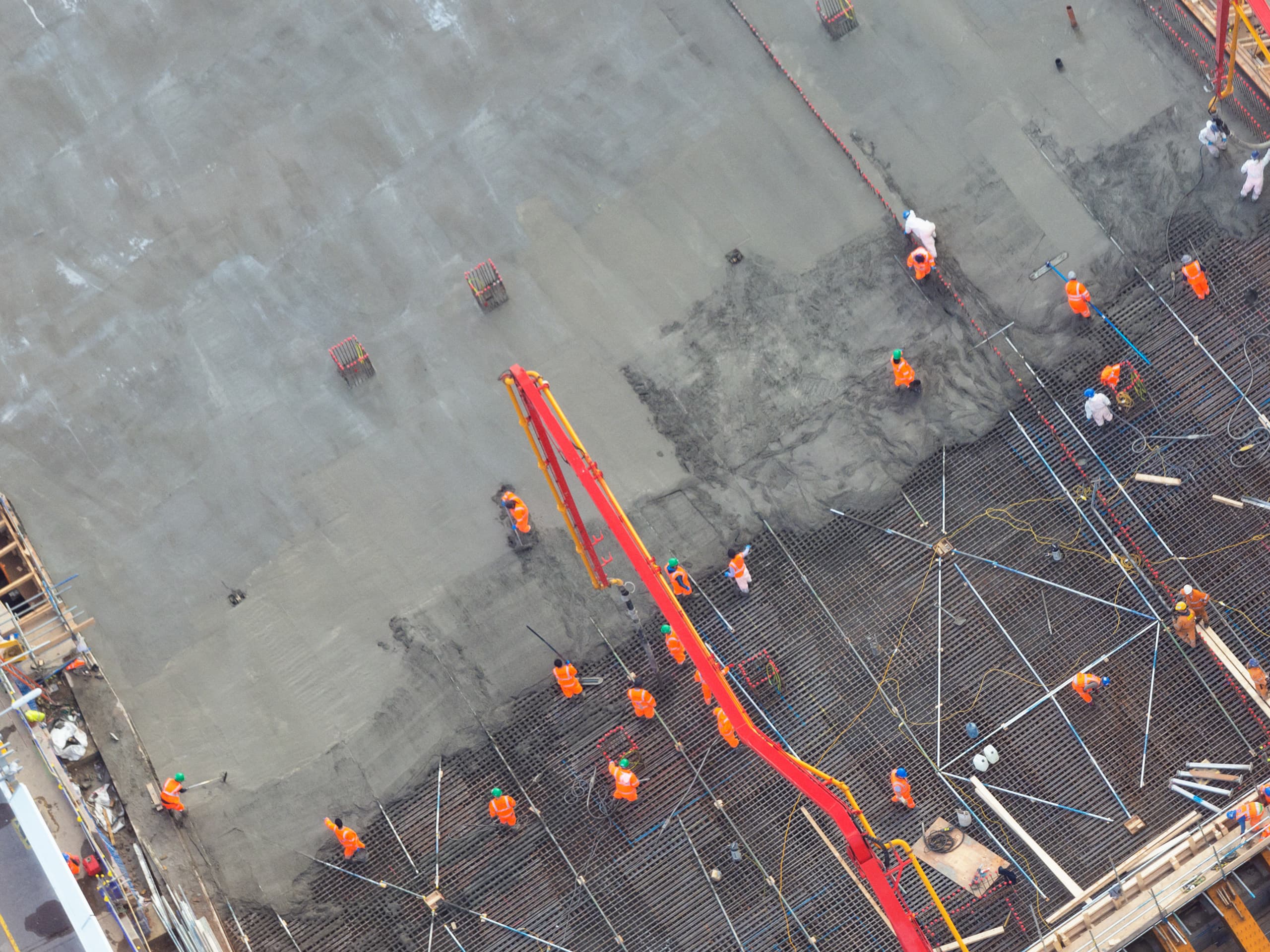Given the recent volatility in the market due to soaring costs and covid disruptions, organisations are experiencing significant impacts on projects. These impacts are having a ripple effect on the Australian construction industry. Profit margins are squeezed, milestone dates are under pressure, expense forecasts are escalating, and contractual claims are rising.
The construction sector already accounts for a quarter of all insolvencies in Australia, a trend that is likely to continue into 2022 and beyond. With the rising cost of materials and the potential for lengthy delays weighing heavy on the industry, we identify practical strategies to better estimate cost escalation and manage project delays.
Mitigate project risk by better estimating construction cost escalation
Cost escalation on construction projects is not simply a question of percentage. There’s a host of considerations from the building type and location to the size and scale of the project, the accuracy of cost estimates and market conditions. Not all sectors and trades are created equal either.
There are countless ways that the misapplication of construction cost escalation rates can result in financial damage. Fortunately, there are some tried-and-tested ways to mitigate cost escalation risk right from the start of any project.
Deliver accurate costings upfront
The more accurate the information, the easier it is for investors, developers and lenders to understand the viability of a project. An inaccurate construction cost forecast can result in millions of dollars in variance to budget—the greater the accuracy upfront, the better the feasibility decisions.
Adjust your loan conditions to the market conditions
Lenders can tailor their loan conditions to reflect the risks associated with cost escalation. Making conditions more stringent in times of higher cost risk and more moderate in times of reduced cost risk helps you ride the market’s rough waves.
Plan your procurement decisions carefully
Negotiate contracts early for rapidly increasing trades and wait for the completion of construction documents for trades that are expected to remain steady or decrease.
While competitive tender pricing might seem like a cause celebration – it is critical that you proceed with caution. Unrealistically low prices to win work leaves little margin to accommodate unexpected challenges down the line. Any joy will be short-lived, and there could be seriously detrimental financial implications for you and your project partners to recover a distressed project.
Dive deep into the data
Developers with the right data can unpack the trade-by-trade cost escalation to confidently approve or reject claims and avoid protracted legal disputes.
Practical strategies to manage delay factors in construction projects
Clear and consistent communication
Anticipate where and when delays may crop up and take a collaborative and proactive approach to discussions. Engage with customers, subcontractors, suppliers, consultants and authorities early and continuously. Good formal and informal communication between the broader team members will lead to early identification and rectification of project issues as they arise.
Review documentation and contracts
Catalogue events that have taken place and their timing. Now more than ever, it is essential to keep appropriate, accurate and detailed records of construction activities and maintain them in a robust document management system.
It is crucial for any delay or loss prolongation claim to identify a cause and effect while also proving the liability and costs. Establish any critical impact to the project by determining the impact of these events on the construction schedule in an agreed and industry recognised manner. Check sunset dates, lease arrangements and the like to ensure that you have notices and arrangements covered.
Think twice about acceleration
Though your first reaction may be to accelerate what remains of the timeline to make up for lost time, doing so may put the project outcome in jeopardy. Instead, take the time to readjust schedules and accommodate whatever delay has taken place.
Insolvencies and recovery of troubled assets
According to the latest data from ASIC, construction-industry insolvencies jumped nearly 40% in the three months to December compared to the September quarter – and were up almost 30% on a year earlier.
Unprecedented fiscal stimulus initially led to a drop in insolvencies in 2020, but it is anticipated that there will be a significant increase in insolvency appointments for the remainder of 2022. As government support measures are wound back and cost pressures increase, those teetering on the boundaries will find themselves in trouble. Banks have increased bad debt provisions for failed loans anticipating increased levels of distress within the industry.
Summary
It is one thing to understand the potential risks. It’s another to apply them to your development project. In a landscape where projects are increasingly at risk of distress, you need a complete and independent financial view throughout the entire development process.
Our team of quantity surveyors and project managers have the experience and foresight to facilitate a smooth process by identifying risks, finding potential solutions and keeping your development budget on track.
Altus specialise in assessing the current and future viability of unfinished developments with services such as:
cost-to-complete reporting & options analysis
completion strategies
project due diligence
programme and claims advice
tender and contract review
authority approvals
bank reporting
defect valuations
Author

Niall McSweeney
Head of Development Advisory, Asia-Pacific
Author

Niall McSweeney
Head of Development Advisory, Asia-Pacific
Resources
Latest insights





Jan 9, 2025
Building the future - Key trends shaping Australia’s construction industry in 2025


